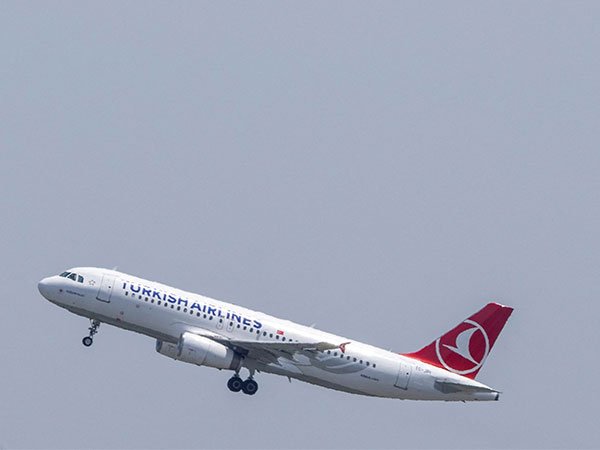New Delhi: In a major development, China has reportedly instructed its domestic airlines to halt the delivery of Boeing jets and cease purchases of US-made aviation parts. This decision comes amidst escalating tensions between the United States and China, following the Trump administration’s imposition of a 145% tariff on Chinese goods, which Beijing countered with retaliatory tariffs.
The move is expected to significantly impact Boeing, which has been a cornerstone of China’s aviation industry for over five decades, contributing approximately $1.5 billion annually to China’s economy through various operations, joint ventures, and research investments.
China’s retaliatory tariffs have raised the cost of Boeing aircraft for Chinese airlines, potentially prompting them to reconsider their fleet procurement strategies. Experts suggest that Chinese carriers may prioritise leasing planes or shift toward purchasing Airbus or domestically produced aircraft like the C919. The C919, developed by China’s Commercial Aircraft Corporation (COMAC), has already gained traction, with plans to ramp up production significantly in the coming years.
The halt in deliveries coincides with ongoing regulatory concerns over Boeing’s 25-hour cockpit voice recorder powered by lithium-ion batteries.
While the Federal Aviation Administration (FAA) and European regulators have certified this system, China’s Civil Aviation Administration has demanded additional validation, further delaying deliveries of Boeing’s 737 Max and 787 aircraft. This regulatory scrutiny exacerbates Boeing’s challenges in China, where it faces competition from Airbus and domestic manufacturers amid strained US-China trade relations.
The broader geopolitical context includes Chinese President Xi Jinping’s visit to Southeast Asia, where he emphasised opposition to “unilateral bullying” and support for global free trade. Meanwhile, former US President Donald Trump accused China of seeking to harm US interests during diplomatic engagements in the region. These developments underline the deepening rift between the two nations, with aviation emerging as a critical battleground in their trade war.















